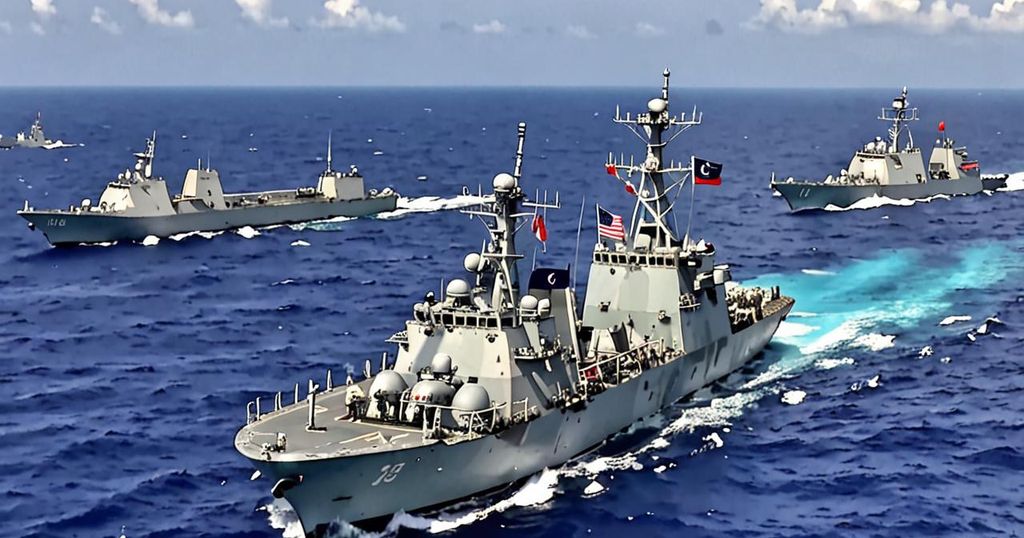The Republic of the Philippines is prepared to respond appropriately to any future incidents of harassment from Chinese coast guards in the disputed shoal in the South China Sea. Despite ongoing dialogue and efforts to ease tensions, the Filipino military is poised to defend themselves against further provocation.
General Romeo Brawner Jr., the chief of the Philippines armed forces, has stated that Filipino soldiers will protect themselves if harassed by Chinese coast guards at the contested Second Thomas Shoal. This warning comes following an altercation in which Chinese military personnel seized and damaged two Philippine ships, resulting in injuries to Filipino soldiers during a resupply mission to an outpost on the shoal.
The conflict over the Second Thomas Shoal has been ongoing since 1999, with both nations laying claim to the island. Nevertheless, Manila has been utilizing the presence of a Philippine ship on the shoal to reinforce its maritime claims.
The recent incident witnessed an escalation of violence, with the Chinese Coast Guard using knives and axes against their Filipino counterparts. General Brawner stressed that under the Rules of Engagement, Filipino troops possess the right to defend themselves proportionally. However, he made it clear that excessive force, such as gunfire, will not be used.
President Ferdinand R. Marcos Jr. of the Philippines has instructed the armed forces to work towards reducing tensions in the South China Sea. The Secretary of Foreign Affairs, Enrique Manalo, affirmed that the two sides are working towards reaching an understanding or agreement over the shoal. Despite making substantial progress, significant differences persist.
In addition to pursuing de-escalation, the Philippines military has also demanded the return of seven firearms seized by the Chinese coast guard and approximately $1 million in compensation for damages caused during the June 2 confrontation at the shoal. They also intend to hold China accountable for the surgery of a Filipino sailor who lost his thumb during the altercation.
Beijing has accused the Philippines of carrying out an illegal and provocative mission in Chinese territory, emphasizing that the Philippines should “face the consequences of its own action.” This response has elevated fears of a potential conflict between the two parties, with Beijing testing the limits of the existing Philippine-U.S. defense pact.
Despite the tensions, experts believe that de-escalation is in the best interest of all parties involved. The South China Sea is home to several disputed territories, and other countries in the region have expressed growing concerns about rising tensions. Japanese Ambassador, Kazuya Endo, stated that Japan was closely monitoring the discussions between Manila and Beijing, underscoring that the issues surrounding the South China Sea are a legitimate concern for Japan and the international community, impacting regional peace and stability.
The Thai government has also called for “dialogue and diplomacy” in the South China Sea, emphasizing the need for peaceful resolution and communication. Meanwhile, Beijing has contested Manila’s version of the Second Thomas Shoal incident, alleging that China had taken “necessary” measures to defend its sovereignty and accusing the Philippines of intrusion into Chinese waters.

Leave a Reply